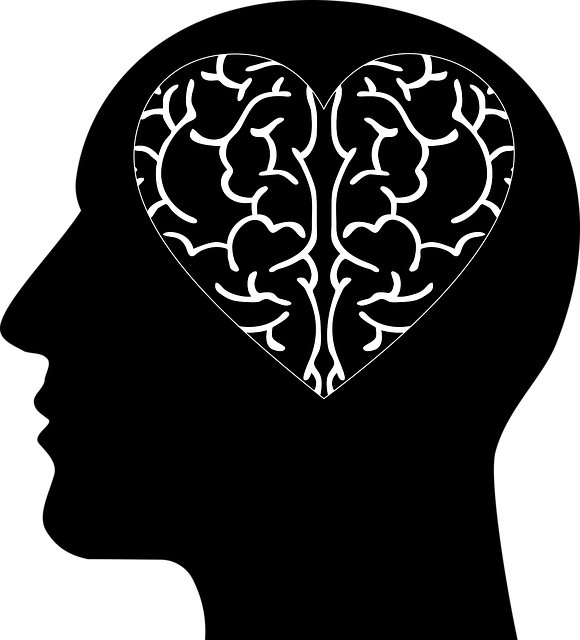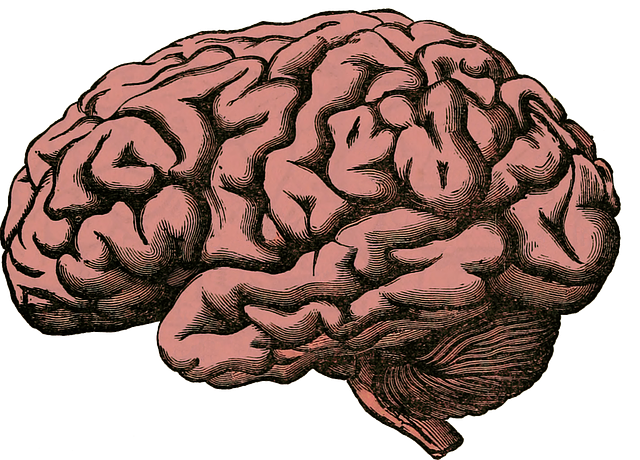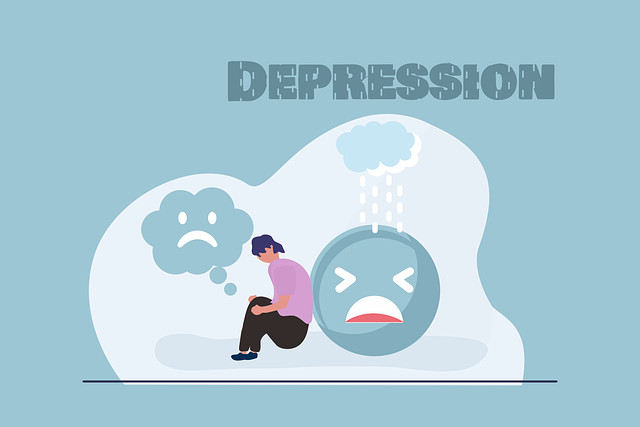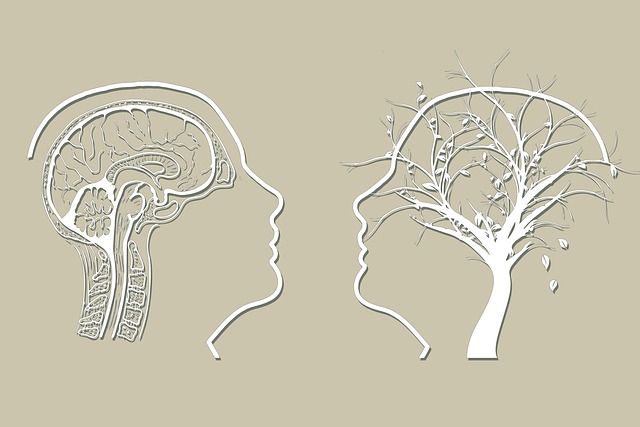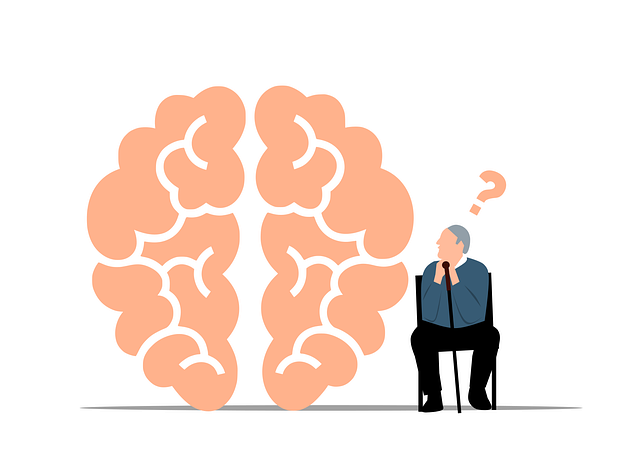Risk assessment is paramount in therapy for young adults, especially those certified in EMDR, to identify and mitigate risks linked to complex trauma. By analyzing symptoms, past experiences, and coping mechanisms, therapists use holistic approaches like Mental Health Policy Analysis and Advocacy to build resilience and self-care strategies. Regular risk assessments personalize interventions, enhancing Trauma Support Services and improving outcomes. EMDR therapy, an evidence-based approach, prevents burnout and broadens support through community outreach programs, aiming for more positive and lasting impacts for young adult clients.
Mental health professionals are tasked with balancing patient care and risk management. This article explores the critical aspect of risk assessment within mental health practice, focusing on strategies tailored for certified practitioners. We delve into essential components of a comprehensive evaluation, including the unique considerations for young adults undergoing Eye Movement Desensitization and Reprocessing (EMDR) therapy. By understanding these elements, professionals can effectively mitigate risks and enhance patient outcomes, especially among EMDR-treated young adults, ensuring safe and impactful care.
- Understanding Risk Assessment in Mental Health Practice
- The Role of EMDR Therapy for Young Adults
- Essential Components of a Comprehensive Risk Evaluation
- Mitigating Risks: Strategies for Certified Practitioners
Understanding Risk Assessment in Mental Health Practice

Risk assessment is a fundamental component of mental health practice, crucial for ensuring the safety and well-being of both clients and professionals. In the context of therapy for young adults, EMDR-certified practitioners employ structured evaluations to identify potential risks associated with complex trauma, a common challenge among their clientele. By meticulously analyzing factors such as current symptoms, past traumatic experiences, and coping mechanisms, therapists can predict and mitigate risks effectively.
This process involves a holistic approach that incorporates Mental Health Policy Analysis and Advocacy, where professionals stay informed about relevant laws and guidelines. It also encourages Inner Strength Development in clients by fostering resilience and self-care strategies. Through regular risk assessments, therapists can tailor interventions, providing Trauma Support Services that are both comprehensive and compassionate, ultimately enhancing the therapeutic journey.
The Role of EMDR Therapy for Young Adults

Eye Movement Desensitization and Reprocessing (EMDR) Therapy has emerged as a powerful tool for treating trauma in young adults. This evidence-based approach facilitates the processing of distressing memories, helping individuals to work through and resolve painful emotional experiences. For mental health professionals specializing in youth services, understanding EMDR’s application is essential for providing effective care. By integrating EMDR techniques into their practice, therapists can offer specialized support tailored to the unique needs of young adults grappling with trauma.
Beyond its direct therapeutic benefits, an EMDR Certified focus can contribute to burnout prevention strategies within the field. As mental health professionals navigate complex cases and intense emotional scenarios, incorporating techniques that promote resilience and self-care is vital. This approach aligns seamlessly with the broader goals of Risk Assessment for Mental Health Professionals, emphasizing the importance of maintaining therapists’ well-being alongside their clients’. Additionally, Community Outreach Program Implementation can benefit from EMDR’s potential to enhance treatment outcomes, fostering more positive and lasting impacts on young adult clients.
Essential Components of a Comprehensive Risk Evaluation

A comprehensive risk evaluation for mental health professionals, particularly those specializing in therapy for young adults and EMDR-certified practitioners, involves several key components. First, a thorough assessment of the client’s history and presentation is imperative, including any prior traumatic experiences, current stressors, and coping mechanisms. This process requires cultural sensitivity in mental healthcare practice to understand the client’s unique context and background. By integrating Cultural Sensitivity in Mental Healthcare Practice, professionals can ensure that their interventions are tailored to meet the individual needs of diverse populations.
Additionally, effective communication strategies play a pivotal role. The therapist must establish open and honest dialogue with the client, encouraging them to express their thoughts and feelings while maintaining confidentiality. This two-way exchange facilitates a deeper understanding of potential risks and triggers. Moreover, considering community outreach program implementation can broaden the support network for at-risk young adults, offering additional resources and safety nets beyond individual therapy sessions.
Mitigating Risks: Strategies for Certified Practitioners

Mental health professionals, especially those catering to young adults, face unique challenges that can lead to significant risks. To mitigate these, certified practitioners must adopt proactive strategies. One effective approach is incorporating Evidence-Based Mental Health Treatment methods like Eye Movement Desensitization and Reprocessing (EMDR), which has proven beneficial in treating trauma and promoting emotional healing processes. This therapy for young adults not only enhances therapeutic outcomes but also equips professionals with powerful tools to handle complex cases effectively.
Additionally, regular training on crisis intervention guidance is essential. By staying updated on the latest techniques and best practices, practitioners can confidently navigate high-stress situations, ensuring client safety. Furthermore, contributing to public awareness campaigns development can foster a supportive environment, reducing stigma and encouraging young adults to seek help. These initiatives not only enhance professional resilience but also create a network of support, playing a vital role in fostering emotional well-being within the community.
In conclusion, effective risk assessment is paramount in mental health practice to ensure the safety and well-being of both professionals and clients. As EMDR therapy emerges as a powerful tool for treating young adults, certified practitioners must be adept at conducting comprehensive risk evaluations that encompass psychological, social, and environmental factors. By implementing evidence-based strategies to mitigate risks, mental health professionals can enhance their practice, provide high-quality care, and foster positive outcomes for the young adults they serve.
